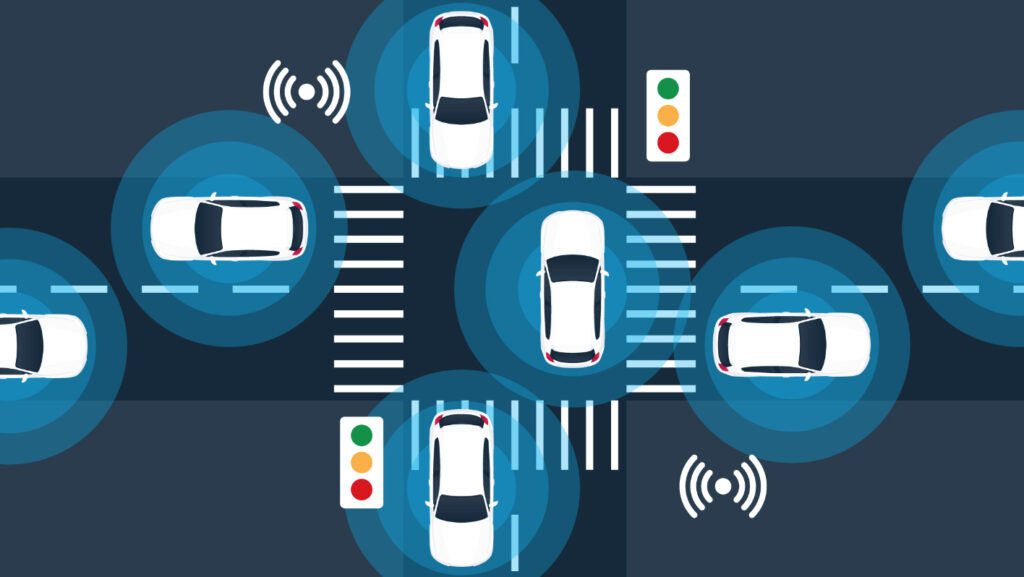According to a recent report by Fact.MR, a market research and competitive intelligence provider, the industry will expand at an astounding 18% CAGR between 2022 and 2032. The global automotive telematics market is growing as a consequence of the increasing connectivity solutions trend and the increased ease of vehicle assessment. However, the threat of data hacking may be a significant impediment to market expansion.
Considering the troughs in the global automotive sector during the first half of the COVID-19 pandemic, prospects shrank somewhat during the global epidemic. The global automotive industry contracted by 16% in 2020, but growth for telematics remained resilient. This is also owing in large part to the emergence of EVs.
As the global number of road fatal accidents remains on the rise, automakers are integrating sophisticated telematics systems, such as advanced driver assistance systems, cameras, and other applications, to assess road crash outcomes, allowing drivers to execute evasive actions. With 1.35 million individuals dying and 50 million injured, the requirement for telematics is becoming increasingly pressing. The newbies of the automotive telematics market dive into the business to bag the lucrative opportunity that the market has to offer. This has compelled the established players to enter into strategic mergers and acquisitions to reinforce their position on the map of the global automotive telematics market.

Market Competition
Prominent service providers are relying on introducing new software which facilitate advanced damage detection systems, based on cloud and artificial intelligence approaches. Noteworthy developments in the past few months are as follows:
- In January 2021, Harman International Industries Inc. announced the introduction of HARMAN Turbo Connect (TBOT). The software anticipates and mitigates connectivity discrepancies on the road. This addition to the current portfolio satisfies current demand for high speed connectivity with low latency, especially when used with 5G-enabled technologies, including its Smart Conformal Antenna.
- In November 2021, Robert Bosch GmbH introduced its Ridecare services, equipped with a sensor box, to detect damage to a vehicle and smoke inside the vehicle. The sensor deploys a cloud-based data analysis using artificial intelligence, disbursing information on whether a vehicle has been damaged, or someone has smoked in it. Pilot projects are being initiated across North America, Asia and Germany.
- Masternaut, a Michelin Group company, today announced the launch of its new Move Electric solution in June 2021 to assist fleet managers in transitioning away from internal combustion engines.
Source: Fact.MR

 Copyright 2020 All rights reserved.
Copyright 2020 All rights reserved.